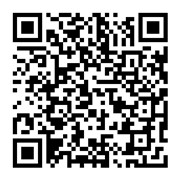当然可以,advice后面直接加that从句,比如I dont have any advice that will help you.
当然可以。在英语中,当使用advice这个词时,后面通常跟一个that从句来具体说明建议的内容。这种结构非常常见,可以用来表达自己提供的建议范围有限或者对某个情况的具体看法。例如,如果我说"I don't have any advice that will help you",我是在表达我对当前情况感到无能为力,无法提供任何有效的建议。这种句式在正式或非正式的对话中都非常适用,能够清晰地传达说话者的意图和态度。通过使用that从句,我们可以更加精确地描述建议的内容,使对话更加具体和有针对性。因此,在需要表达建议时,使用advice后面直接加that从句是一种非常有效的方式。


